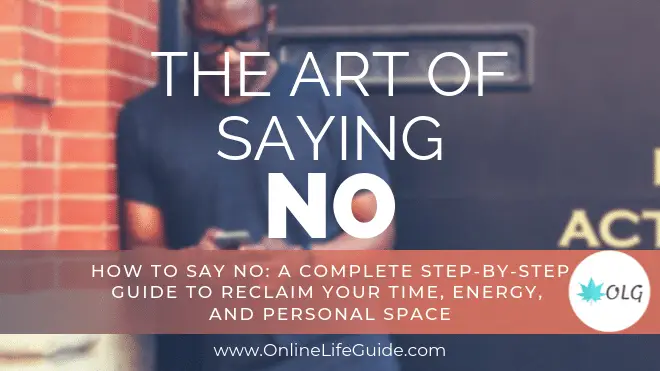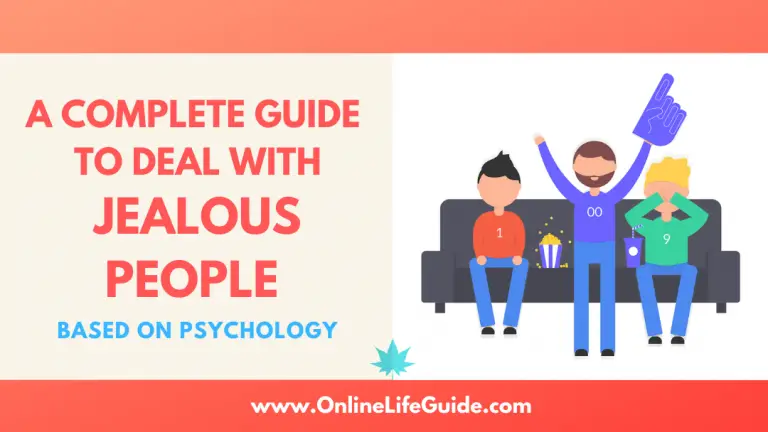19 Signs of Low Emotional Intelligence | How to Improve
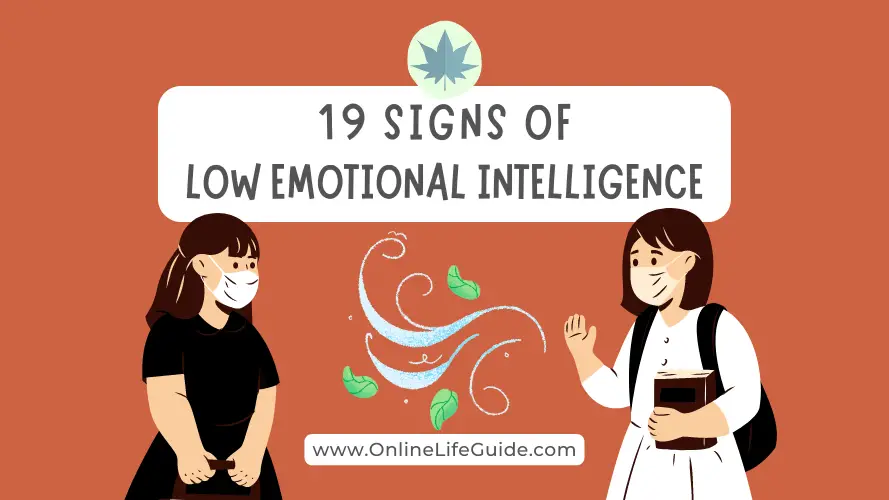
Have you ever dealt with someone who is very difficult to communicate with, someone who never understands what you’re going through, who isn’t very good at managing their emotions and is easily offended at the slightest of things?
You might’ve felt frustrated while dealing with them as it felt like a lost cause to make them understand something and come on the same page.
There’s a good possibility that you might be dealing with a person with Low Emotional Intelligence.
There’s also a possibility that your frustration is because you aren’t able to understand their perspective, which can be a sign that you need to work on improving your own emotional intelligence.
Throughout this guide, I’ll be using “EI” as an abbreviation for Emotional Intelligence.
If you’re already aware of this term, you may have wondered about your own level of emotional intelligence.
In the other guide “Emotional Intelligence for Dummies”, we looked thoroughly into what exactly is emotional intelligence and the 20 major signs of having High Emotional Intelligence.
In this guide, we’ll go in-depth into the 19 telltale signs of Low Emotional intelligence which will enable you to identify if someone you’re dealing with has low EI, as well as keep your own EI in check.
We’ll also look into 6 skills that will help you develop and improve your emotional intelligence.
Just to recap, Emotional Intelligence is a person’s ability to observe, analyze, and understand their own emotions as well as other people’s emotional states.
It allows them to shift their emotions and state of mind when needed, as well as interpret other people’s emotions correctly and respond to them in an effective manner.
19 Signs of Low Emotional Intelligence
1. Not Being Aware of Your Thoughts and Emotions
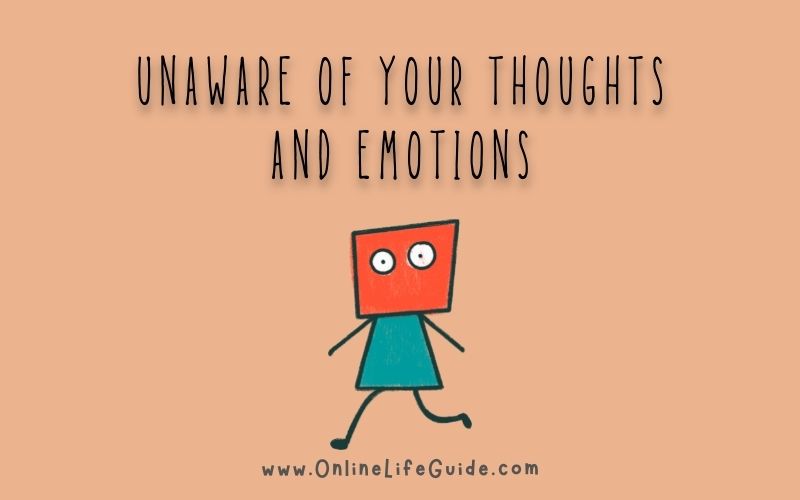
If you have low emotional intelligence, chances are you have no idea how your thoughts are influencing your emotions, your relationships, and the overall quality of your life.
It’s difficult for someone with low EI to detach themselves from the flurry of emotions and observe what’s going on within from a third-person point of view.
Often people with low emotional intelligence are blindly driven by emotions without ever realizing what’s going on within themselves.
Their opinions and worldviews are determined by whatever thoughts and feelings they go through at the given moment, and they base firm beliefs about people, matters, life, and the world in general without ever rationally analyzing things.
The ability to reflect and ponder simply escapes them and they have to bear a huge cost for it by taking a hit on the quality of life they are experiencing because of those beliefs and opinions.
2. People With Low Emotional Intelligence Don’t Know Themselves Very Well
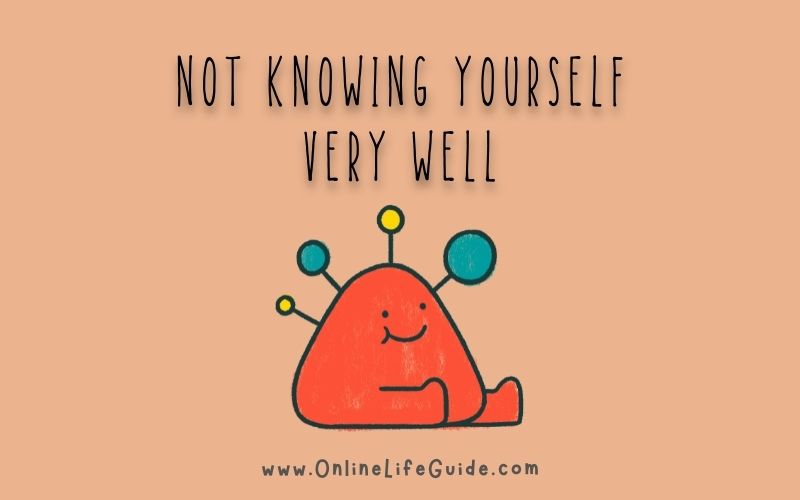
If you ask a person with low Emotional intelligence about their strengths and qualities, they might tell you a long list of good traits, but when you ask them about their flaws and weaknesses, you’ll find them utterly oblivious.
Sometimes it can be even difficult for them to consider the possibility that they can have flaws and mistakes.
If you ever confront them with something, they’ll usually have a justification for it. Unfortunately, it is this habit of justifying their actions that blinds them from knowing their flaws.
If they fail or are unable to achieve something in life, they’ll usually blame external factors instead of pondering over what they need to change within themselves to be able to get the results they desire.
They are also unaware of their personality disorders and the mental barriers that are causing all the trouble in their life since their focus is to find blame outwards.
3. You Lose Control Whenever You Engage in an Argument
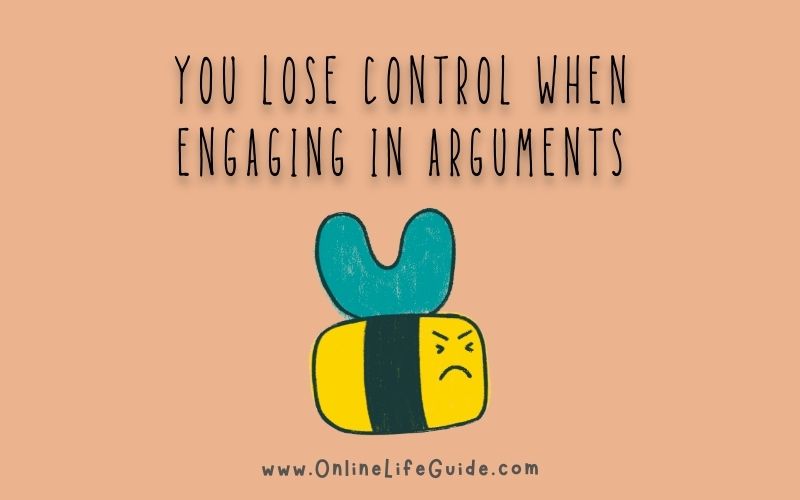
Getting into an argument is natural and bound to happen to everyone. However, the main difference between people with high and low emotional intelligence is that the ones with low EI tend to make matters worse.
They don’t know when to stop and settle things down. Instead, they take everything said in the argument as a personal offense and go on to have an outburst.
A normal argument or disagreement can turn into a heated one or even a full-blown fight.
4. Your Ego Gets in the way of Realizing Your Mistakes and Apologizing
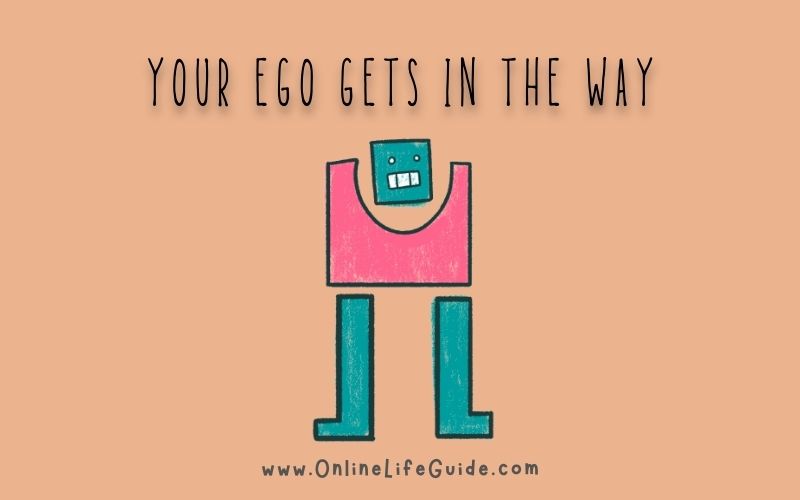
Now, having an outburst isn’t even the worst part as long as the person realizes that they have crossed the line.
The thing is, if you lack emotional intelligence, you don’t even realize how far you’ve crossed the line.
“Sorry” is a forbidden word in the dictionary of low EI people since in their mind, they can’t make mistakes and it’s always the fault of others.
5. It’s Hard for People with Low EI to Empathize and Relate to Others
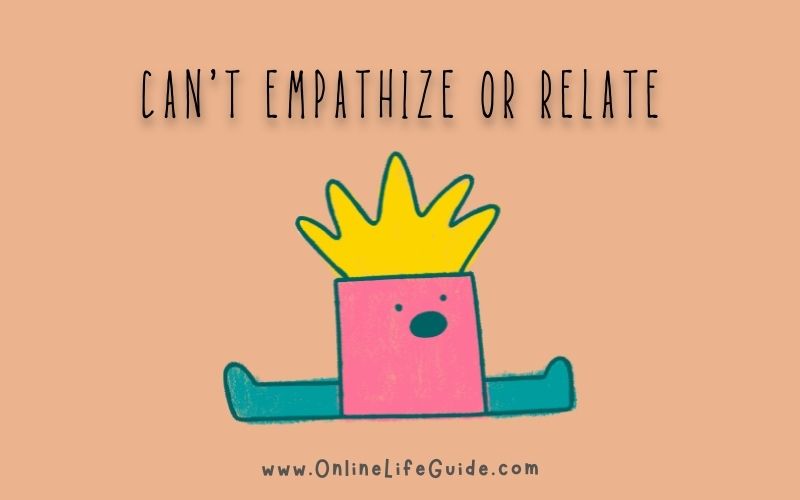
Empathy requires a certain level of emotional intelligence. You have to be able to understand other people’s emotions and mentally dive into their shoes to be able to relate to them.
If your EI is on the lower end, it will be difficult to realize the intensity and magnitude of what people are going through.
Usually, we find low EI people being inconsiderate to people who are going through difficult times in life, simply because they don’t really understand what those people are going through.
Having less experience with challenging times or having an easier life where the person didn’t really go through the pains and struggles can contribute to having lower emotional intelligence, especially in this context.
6. Being Inconsiderate When Talking to People
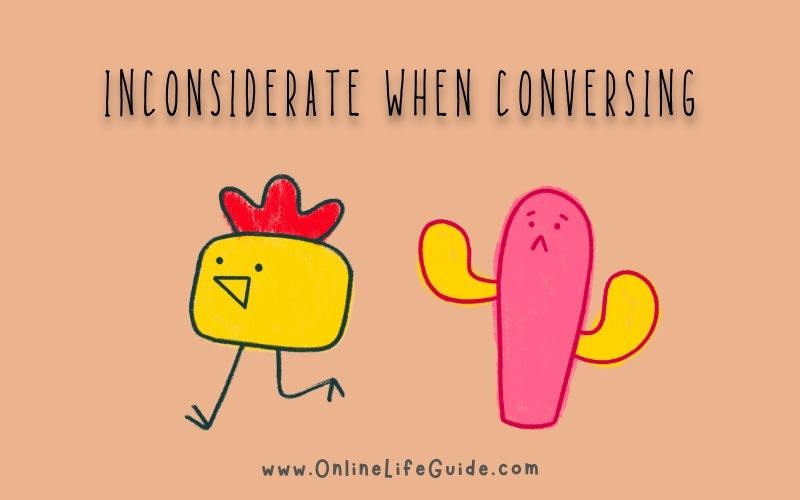
Have you ever come across someone who doesn’t really care what you have to say instead they are only focused on telling you their story?
Or someone who holds you in a conversation for what feels like an eternity even though you are giving hints and signals that you’re in a hurry or you’re not interested in having that conversation, but they keep going on and on?
Yep, that’s one of the clear signs of low emotional intelligence. That individual isn’t emotionally aware enough to pick up on your subtle facial expressions or the hints you’re giving them.
Since they don’t notice the subtleties of people’s responses, expressions, and body language, they end up saying inconsiderate things that might make others uncomfortable or something that is not suitable to be said under certain circumstances.
Simply put, if you have low EI, you are not very well aware of the impact of your words on other people.
7. People with Low EI Avoid Change and Lack Mental Flexibility
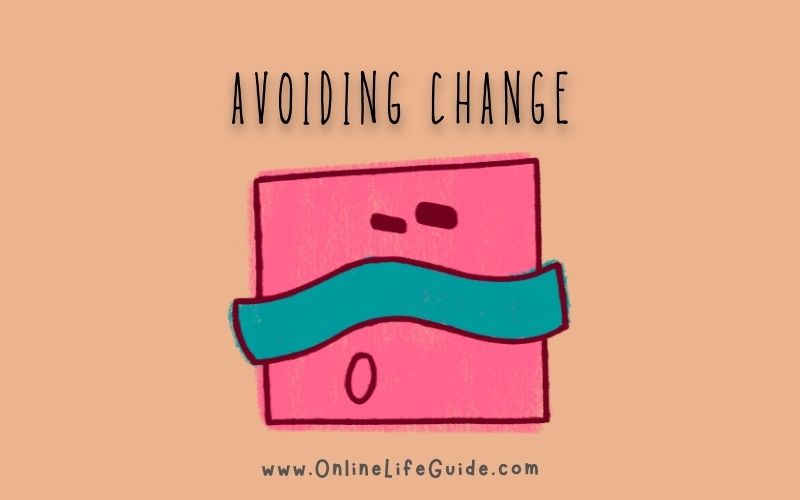
Since low EI people are driven by their emotions, moods, and urges, any sort of change that pushes their comfort zone is usually rejected instantly without analyzing the need for change.
For them, short-term pleasure and comfort dominate long-term benefits.
Truth be told, a lot of changes in life aren’t very comfortable or pleasant.
The difference is, people with higher emotional intelligence are usually able to separate their emotions from their decisions when it comes to long-term thinking.
They are able to prioritize what is the right thing to do over what makes them feel good.
8. Poor Relationships are a Sign of Low Emotional Intelligence
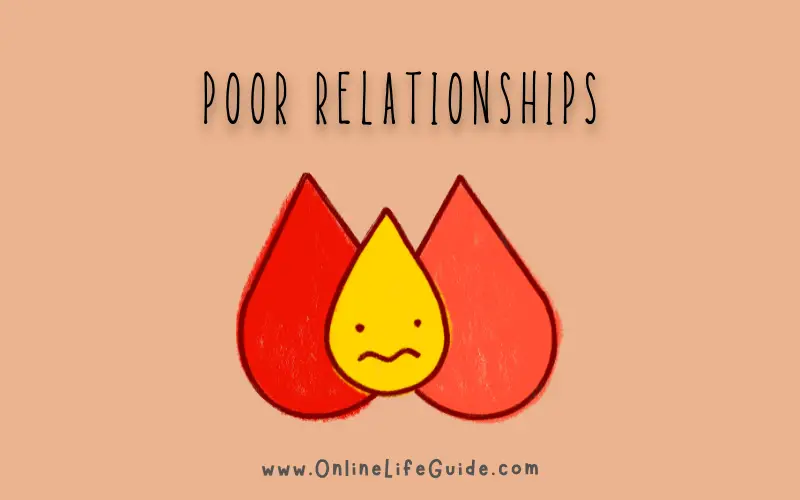
Whether you are introverted or extroverted, if you have good emotional intelligence, you’ll have relatively decent social skills.
Your empathy, flexibility, being open to listening and understanding other person’s point of view, and your general caring and mindful nature will make people want to be around you and hold you in high regard.
On the other hand,
- If you don’t empathize with people
- If you are eagerly willing to talk but not listen
- If you have no desire to understand others
- If you are mindless about your choice of words
- If you are inconsiderate towards the ones around you
Nobody would want to be around such a person.
Good relations with people are built on care, empathy, being considerate of other people’s boundaries and choices, and having at least some understanding of an individual’s psychology, which can be quite difficult to do if you have low emotional intelligence.
9. People Who Lack Emotional Intelligence Can’t Keep a Secret
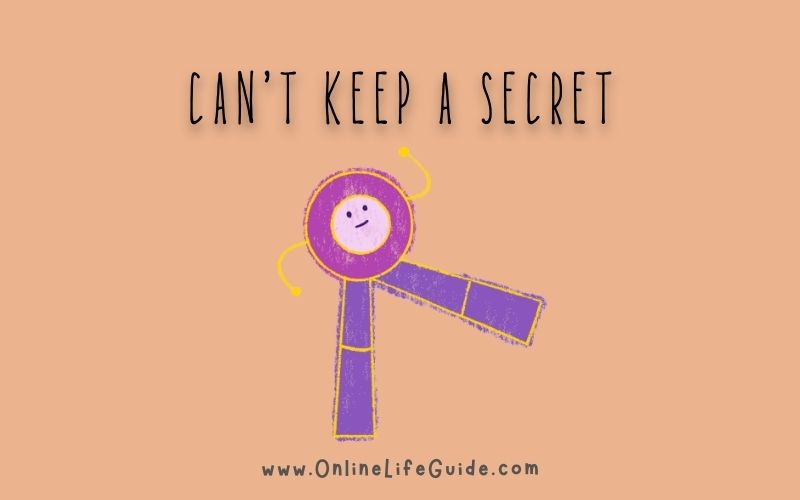
If you tell something private or secret to someone with low EI, you won’t have a secret anymore. The word will probably spread like wildfire.
Low EI people often like to gain attention and love to see people’s reactions which they often do so through gossip.
10. Confusing Assertiveness with Dominance
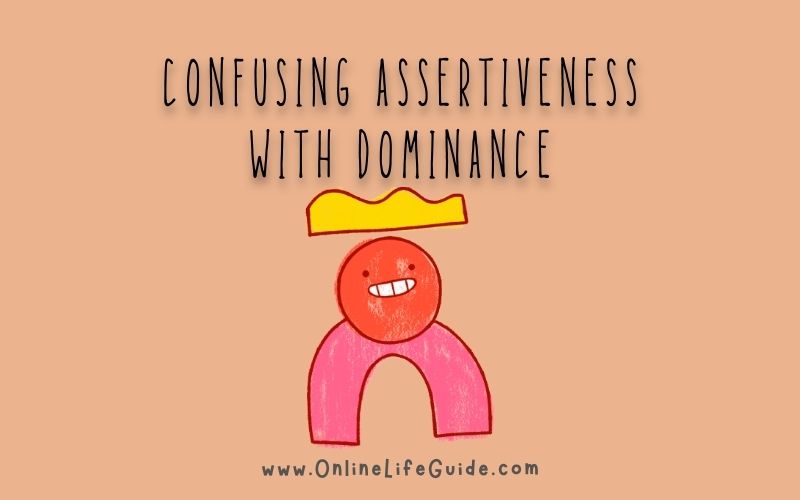
Have you ever met someone who seems pushy and has an overpowering personality? They like to be dominant and prominent in everything. They want to give orders and can’t stand it when someone refuses.
They like to have things “their way”.
This attitude is often justified with the label of “leadership qualities”. Turns out, it’s mostly a lack of emotional intelligence.
Being assertive and being overpoweringly dominant are two completely different things. It requires some level of EI to understand the difference.
If people usually feel anxious around you and try to avoid interactions with you, chances are you either have a very dominant and controlling personality or a very clingy one.
11. You are not Fully Aware of or In-Touch with Your Values
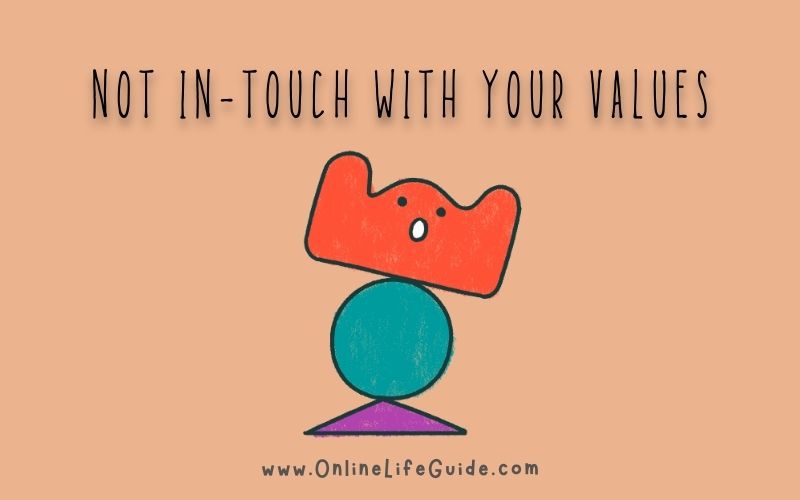
Part of knowing yourself is knowing your value system. Being clear about your values and having a sense of their sequential order means you know which things to prioritize in your life above others.
Having decent EI gives you clarity in your values and the ability to take measures and set boundaries to make sure you are living according to your values.
Some values are not static. They can change with time, experience, and which phase of life you’re in. Emotional intelligence allows you to notice that change and adapt accordingly.
Now, if you’re not fully aware of your values, that doesn’t mean that you lack emotional intelligence altogether, but it might be a sign that you need to focus on improving your EI.
Knowing your values isn’t that hard. Just take a couple of days off from everything. Make sure you’re completely uninterrupted. Switch off all devices, and just sit with yourself. Ponder and face the tough, big questions of life head-on.
Do some journaling and ask yourself some questions about what matters most to you, what is your purpose, what are your priorities, and what do you stand for.
You’ll emerge from this little retreat with greater clarity about yourself and your life, and would have significantly improved your emotional intelligence.
For an in-depth step-by-step guide to discovering and organizing your values, check out my E-book A Complete Guide to Discovering and Organizing Your Core Values.
12. Low EI People Make Poor Decisions
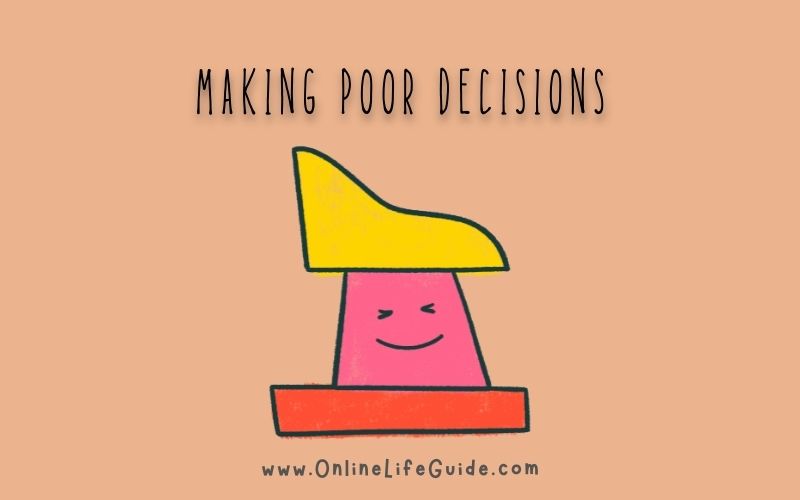
This is directly connected with not knowing your values. If you aren’t clear about your values and priorities, you’ll constantly make poor choices and decisions, sometimes even messing up big life decisions.
As much as emotional intelligence is about having an understanding of people, it is equally about having an understanding of yourself and your life.
Knowing how your choices might affect you and the people in your life can make all the difference between great decisions that serve in everyone’s favor and the decisions that work against you in the long run.
13. You are Quick to Judge Others
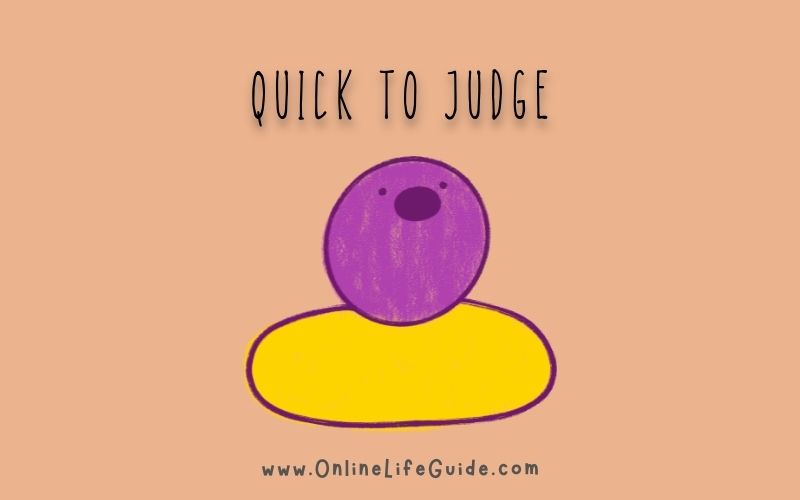
Driven by impulses and biases, emotionally UNintelligent people are quick to judge and form unshakeable opinions about others without even knowing them and giving them the benefit of doubt.
Now, we all do this at times. It’s a common tendency for most people to have some judgment about others.
The type of “judging” we are talking about here is the one when someone only focuses on other people’s flaws, always pointing out the negative stuff, always skeptical, and constantly complaining about what’s wrong with people.
You’ll rarely hear them appreciating the good things that people do.
14. You Think Your Opinions are the Only Reality
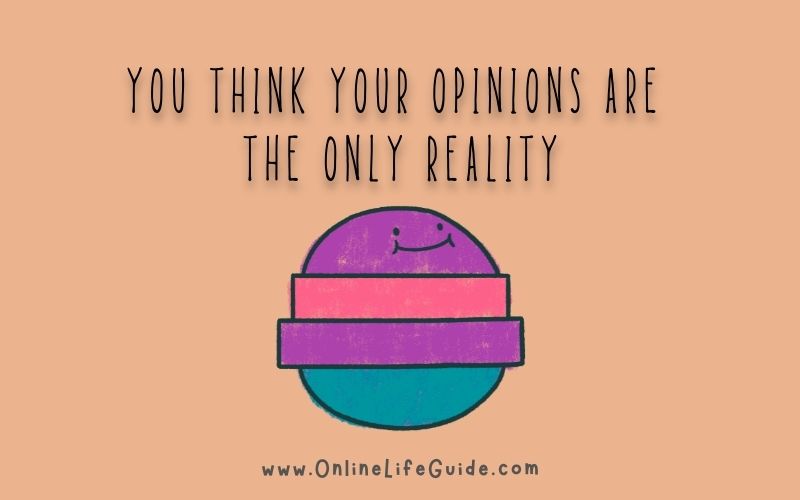
If a person turns all of their opinions into absolute convictions and gets aggressive when someone challenges them or offers another perspective, it’s one of the primary signs of low emotional intelligence.
This shows that the person has a hard time perceiving the world outside of his/her own bubble which often makes it difficult and frustrating to communicate with them since they don’t understand or accept anything else other than the picture they have painted in their minds.
15. You Believe that Your Intentions are Always Pure and You can do No Harm
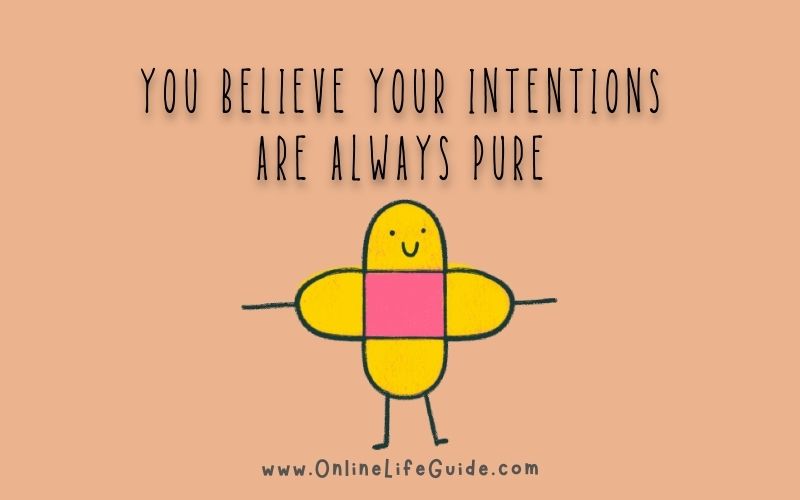
You believe that your actions and intentions are always pure, it’s always other people who misunderstand you or accuse you wrongly.
This mindset comes from failing to realize how our actions and words will be interpreted by other people.
Sometimes we have good intentions behind a particular action but we carry it out in a socially unacceptable or awkward manner.
Maybe we weren’t being considerate of the other person’s boundaries. Maybe we invaded their privacy while trying to do good. Maybe we misunderstood other person’s mental and emotional needs. Maybe we let go of our own boundaries.
Improving your emotional intelligence gives you the wisdom to understand that sometimes deeds done with good intentions can backfire if we are not mindful of the timing and the way in which we carry them out.
16. You are Easily Influenced by People More Dominant Than You
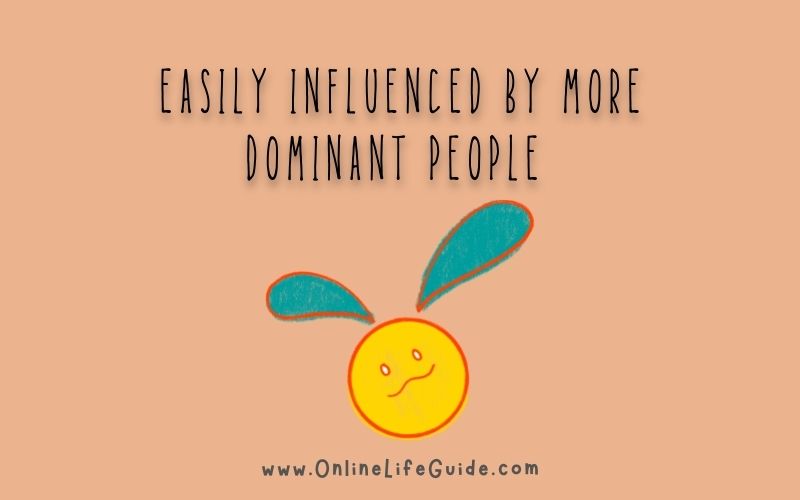
People with low EI either have a hard time maintaining their position in the presence of a more successful and dominant personality, or they become very insecure and do weird things to seek attention.
In such scenarios, they can either turn into a complete people-pleaser or, out of insecurity, turn into an utterly disagreeable person who disagrees with everything the more “successful” person has to say.
Emotionally intelligent people, on the other hand, are mentally grounded and connected with their core.
Their worth and value are not threatened by someone who’s more successful than them in a particular area. Instead, they are able to appreciate other people’s talents and abilities.
17. Your Self-Worth Relies Upon Other’s Opinion of You
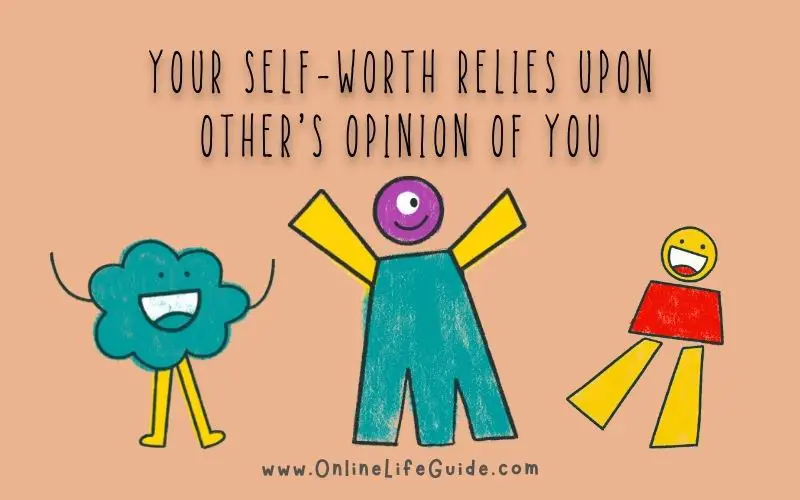
Talking of self-worth, another aspect of people with low emotional intelligence is that their success and worth rely upon others’ acceptance and opinions.
That’s why their position is immediately threatened by people who are somewhat better than them, as we discussed above.
They are constantly trying to seek validation and approval, and when they don’t get it, it either hurts their confidence or makes them angry and resentful.
18. It’s Hard for you to Move on and Grow from Setbacks and Failures
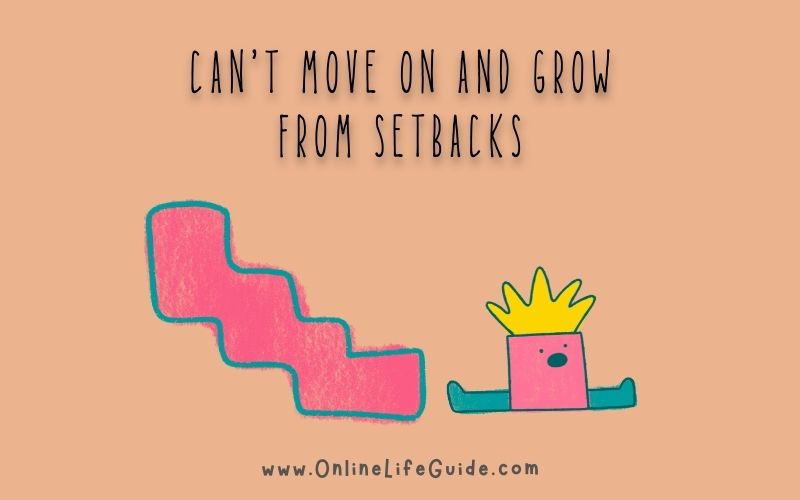
If you are unaware of your strengths and weaknesses, if you are unable to see things from different perspectives, and if you don’t challenge and scrutinize your own opinions, it will be very difficult to learn from setbacks and move on as a better version of yourself.
You’ll either take all of the setbacks as personal failures, associating them with your core identity or you won’t see your share of mistakes at all and blame it all on luck or other external factors.
These are two opposite ends of the spectrum that people with low EI experience while dealing with life’s ups and downs.
19. You Don’t Learn Lessons from Your Mistakes and Failures
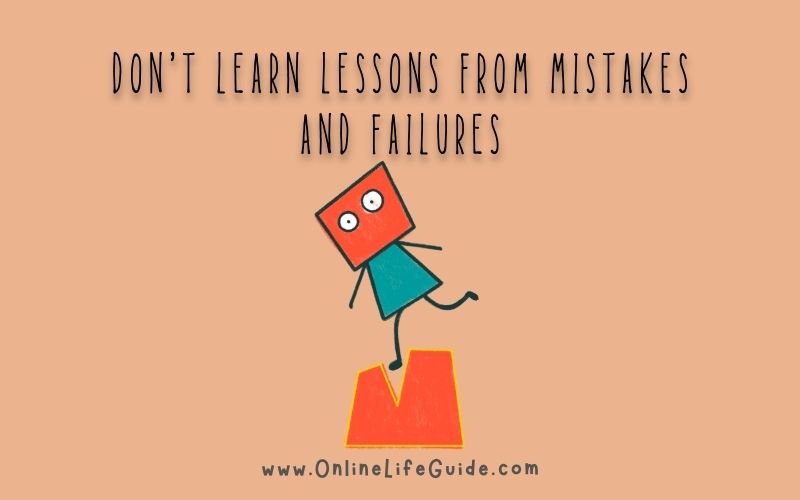
Continuing with the point above, whether it be in your personal life or professional, you often keep repeating the same mistakes, poor behavioral patterns, and poor decisions over and over again.
You think that you’ll change next time, but you don’t. Even when you do learn lessons from setbacks, it’s only temporary.
As soon as you get back in the flow of life, you forget all those life lessons and continue to act the same way as you did before.
Emotionally intelligent people also make a lot of mistakes, it’s a part of the human experience, however, they take notes and keep improving after each setback.
Every mistake refines them into a wiser and stronger version of themselves so they don’t repeat the same patterns or make the same choices down the road.
Improving Emotional Intelligence
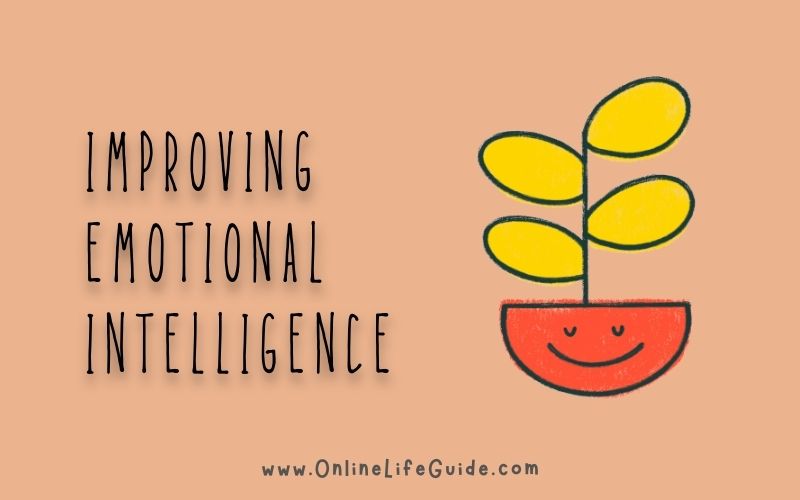
Improving Emotional Intelligence deserves a separate guide on its own, but to get you started on the journey, here are the 6 skills of Emotional intelligence that are agreed upon by many experts in the field.
For each skill, I’ll give you some questions to focus on.
Taking a few minutes to think about these questions every few days will fortify your emotional awareness, which will facilitate the development of advanced emotional intelligence.
6 Skills of Emotional Intelligence
You can make it a habit to go through these questions at least once a week. Setting a reminder on your phone/calendar will make it easier for you to carry out this practice consistently.
Self-Awareness
- What is your state of mind right now?
- What emotions are you experiencing at this moment?
- Do you notice when there is a shift in your mental and emotional state?
- What are the different states of mind you generally experience?
Emotional Expression
- How good are you at expressing your emotions?
- How do you usually communicate your emotions?
- Do you usually express your emotions reactively or proactively?
Emotional Awareness of Other People
- How well do you understand other people’s emotions?
- Do you successfully pick up on the subtle shifts in people’s emotions?
- Are you quick to judge or do you make efforts to understand their state of mind?
- How good are you at empathizing with people?
Emotional self-management
- How good are you at managing your own emotions?
- Do your emotions have power over you or can you shift your state of mind when you need to?
- Do you dwell in your emotions to the point where it makes you unproductive and feel stuck?
- What are the ways you can use to stop dwelling on those emotions?
- What are the ways in which you can utilize the emotional energy and channel your emotions toward something productive?
Emotional Management of Others
- How well do you handle other people’s emotions?
- Do you usually allow other people’s emotions to rub off on you and put you in a reactive state?
- Do you feel like you have no control over the situation when dealing with people, or can you effectively influence and possibly shift other people’s emotional states for the better?
- How often do you influence and shift other people’s emotional states by changing your own state of mind and emotions?
Self-Control
- How good are you at controlling strong emotions?
- Do you freeze and shut down in stressful situations or are you able to detach yourself quickly and think clearly about what should do in that situation?
- When you do freeze and shut down, what can you do to get out of that state? Does deep breathing help? Or maybe
Next Step…
Once a week, pick a quiet and uninterrupted place where you can think on these questions.
The more you do this practice, the more it will help improve your awareness of your own emotions as well as other people’s mental and emotional state during interactions.
Once you have a heightened awareness of emotions, it will be easier for you to manage them, troubleshoot problems in social interactions and relationships, and respond proactively, which is the core essence of emotional intelligence.
Write these questions down or bookmark this guide so it’s easier for you to come back.
Feel free to continue on to the “Emotional Intelligence for Dummies” guide to dive deeper into EI and get more resources on how to master emotional intelligence.
Talk to you soon!


